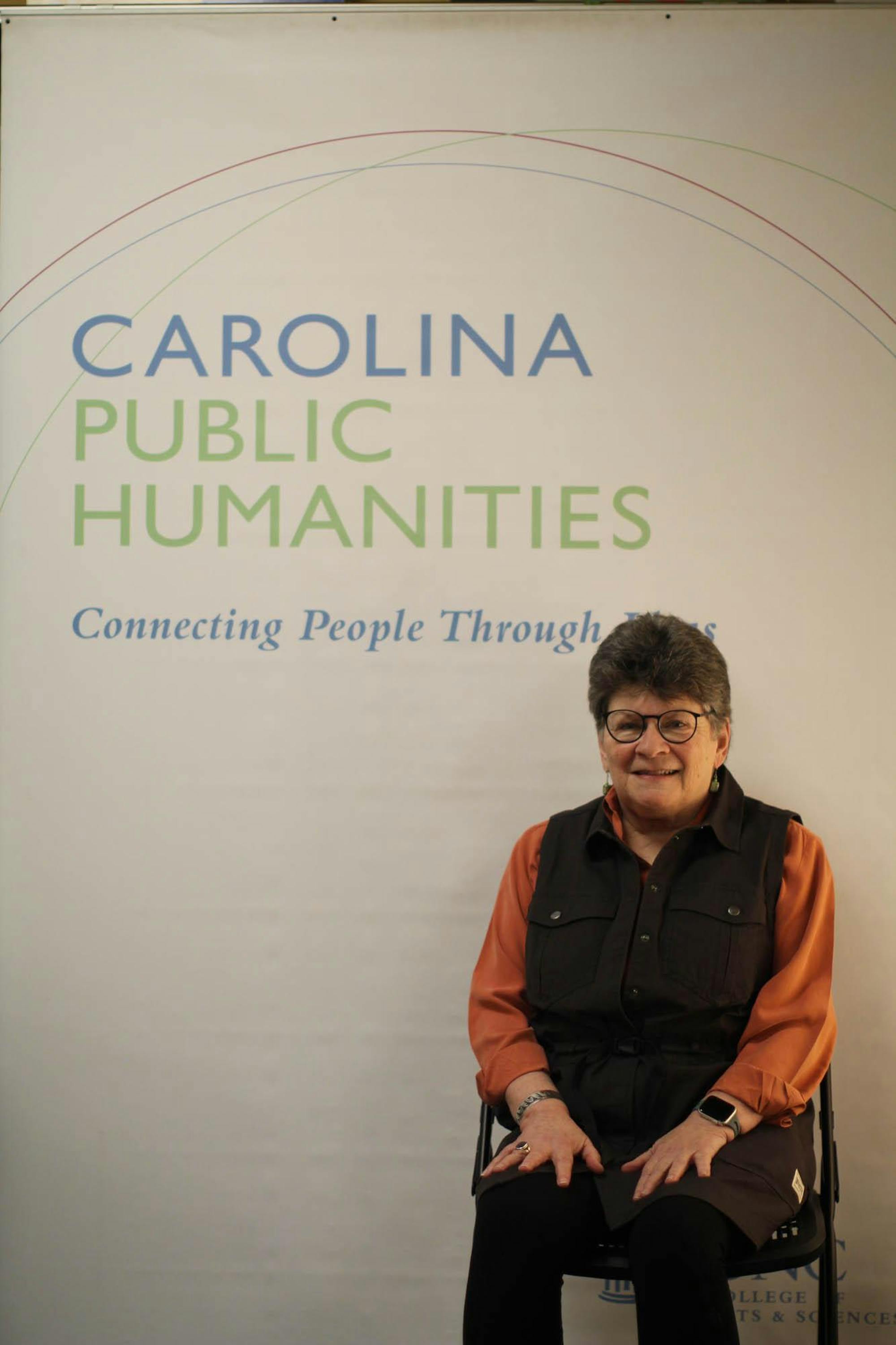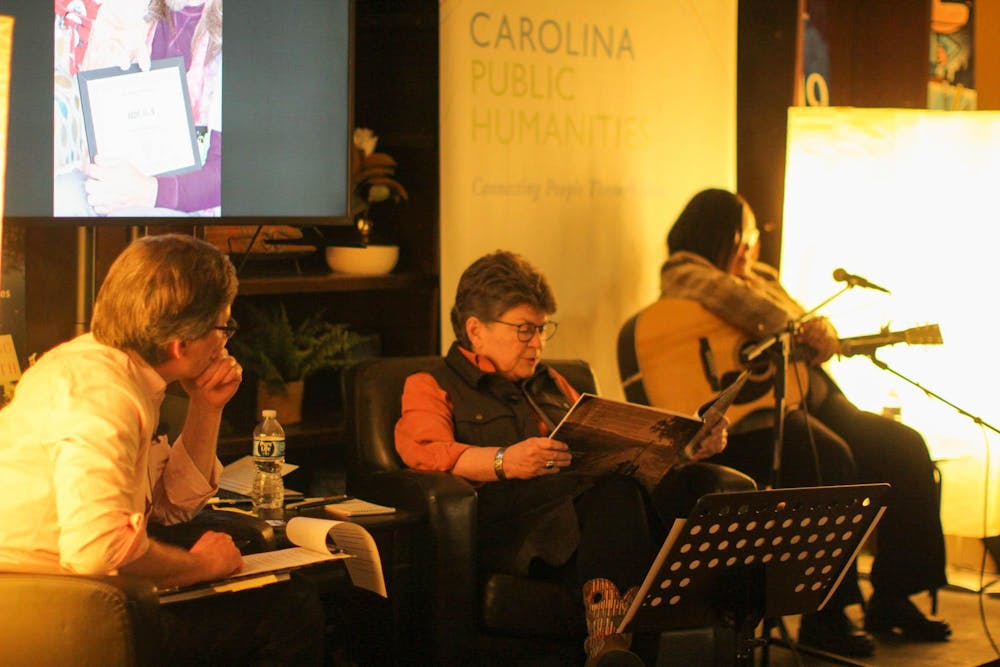Winston-Salem blues musician Ron Hunter, better known as "Big Ron Hunter," learned to play guitar on his family farm as a child with his father.
“He would teach me how to make it talk, you know," he said. "He called me on the guitar, and I’d answer him back on the guitar."
Hunter is featured alongside more than 75 other blues, roots, folk and gospel musicians in the new anthology "Song Keepers: A 30 Year Anthology," which includes interviews and stories by N.C. historian and writer Georgann Eubanks. The book was released on Feb. 16 and commissioned by the Music Maker Foundation — a Hillsborough organization that financially supports artists within those genres and provides access to music tools.
“It's a book that I think is kind of like an encyclopedia," Eubanks said. "It's got so many people and so much music."

Eubanks’ anthology features 85 songs from over 75 artists, with four CDs included with the book. She said the artists vary in levels of popularity but all of their voices are important, which she hopes makes the anthology a “time capsule of blues music that will stick around.”
The Music Maker Foundation was co-founded in 1994 by husband and wife Timothy and Denise Duffy and helps roots musicians record music, create albums and find performance opportunities around the world.
Hunter said that writing songs that everyone can relate to is what he tries to do. After his father died, he wrote “Going for Myself” about the experience of losing a parent. He said that people still reach out to him 13 years later to tell him how much they love the song.
Hunter was introduced to Music Maker in 2003 by one of the original musicians — Guitar Gabriel — and in the two decades since he was introduced to Music Maker, he said the foundation took him “from a nobody to somebody,” especially because he got the opportunity to play in places like Costa Rica, Guatemala, Australia and France.




